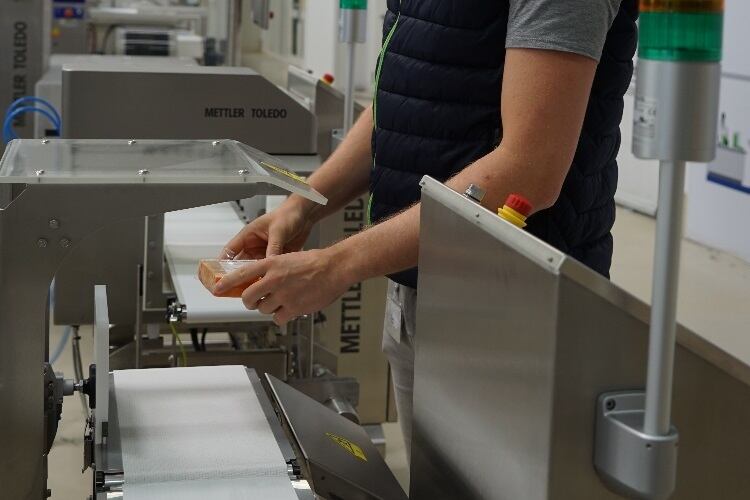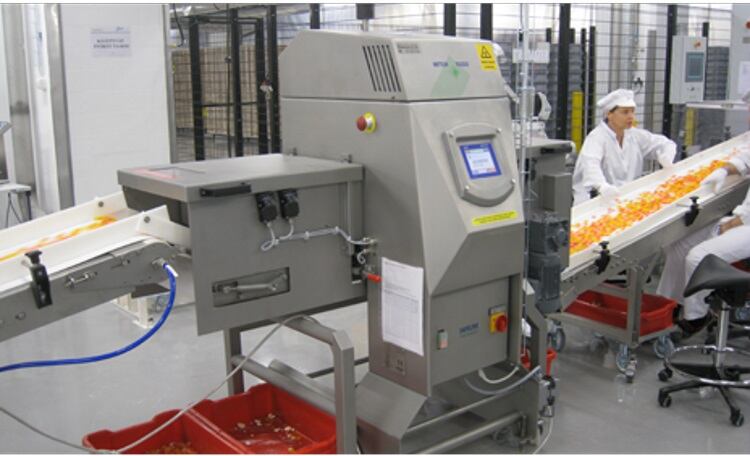What were the greatest challenges that Spanish manufacturers faced during lockdown?
Spain had a very sudden and strict lockdown that brought most industries to a halt. However, people needed more food supplies than ever while in isolation, meaning production had to continue. Workers in this industry – if they could work – had to work. The exception was manufacturers that supplied products in bulk to the hospitality sector – production slowed or came to a halt due to a lack of demand.
While increased demand was a significant challenge, the biggest concern was to ensure everyone was as safe as possible in their working environments, which was achieved through implementing new safety measures. Countries like the UK – which had a more gradual lockdown – perhaps learned to live with the virus differently. But in Spain, due to the very strict imposed lockdown nationally, it meant that going to work for critical industries was a matter of supporting the infrastructure and supporting the country as a whole, to save and preserve as many lives as possible.
What were the main changes that Spanish manufacturers implemented to cope with the effects of COVID-19?
As production at food plants could not slow down, changes to preserve safety had to be implemented quickly and logically, and with minimum disruption. For example, employees were grouped in the same team and assigned the same shifts, so that if anyone contracted the virus, they could all then be isolated as a block to limit the spread.
Companies also imposed more gradual shift patterns while maintaining productivity, so not all employees arrived and left at the same time.
Manufacturers also increased hygiene measures between shifts and provided as much PPE as it was possible. Factories also closed access to external visitors who were not employees within a specific shift. Once they became available, COVID-19 tests were performed on employees, to ensure everyone on the work floor was safe to work.
How did Spanish manufacturers still ensure that food met production demands?
Manufacturers increased capacity by adding more shifts, including over weekends. This meant that some of the Mettler-Toledo projects regarding the supply and commissioning of new machinery and equipment had to be delayed or came to a halt, as manufacturers did not have the bandwidth to stop production lines to update equipment. For three months, manufacturers came together to maximise production and safety, so secondary projects sometimes took a hit. But it was only temporary.
In hindsight, what would Spanish manufacturers have done differently?
Hindsight is a wonderful thing – and we did have some experience from the financial crisis in 2008, which meant we understand what the consequences of a new potential economic crisis could be.
Spain is also a country that places great emphasis on family and the elderly, and the fact that this virus was attacking the most vulnerable motivated manufacturers and the country as a whole to minimise as much as possible the possibility of a prolonged lockdown.
It is hard to say what other industries have done, but from our perspective – which is similar to that of the manufacturers with which we work – we accepted the changes and put our best foot forward.
I can truly say companies did their best to adapt, in terms of implementing more remote tools like Skype and Microsoft Teams, for example, if they were not using them already. Even older employees, who might have not had as much exposure to digital tools, embraced remote working software and, as a priority, received training on them.
For us, the focus was on keeping in contact with clients and teams.
We already had all the tools we needed to continue working, in terms of video conferencing, simulators, digital collateral and video demos. Microsoft Teams became our daily communications hub internally and externally.
The truth is that although we had simulators for machinery, we did not use them as much before, as we preferred face to face interaction with our customers whenever possible – we value the human factor and developing client relationships.
We did not close the Test Centre in Barcelona at any point during the pandemic, maintaining it as our ‘resistance symbol, as a lighthouse’. We wanted manufacturers to feel supported and in communication with us if they needed to get their product samples tested and evaluated for inspection accuracy, performance and contaminant detection sensitivity during such stressful times.
We re-arranged shifts and kept only critical employees on the premises at specific times – but our goal was to provide continuity and normality to the business. We did prepare for the worst-case scenarios obviously (having to close due to infection), but that never happened.
Our time was optimised during lockdown, as we had access to clients and co-workers, but without the long commutes. However, while it is true that some companies are remodelling the way they work to increase remote working, we value human interaction, from an economic and personal perspective.
Limiting client face-to-face time was a temporary measure, not something we want forever.




